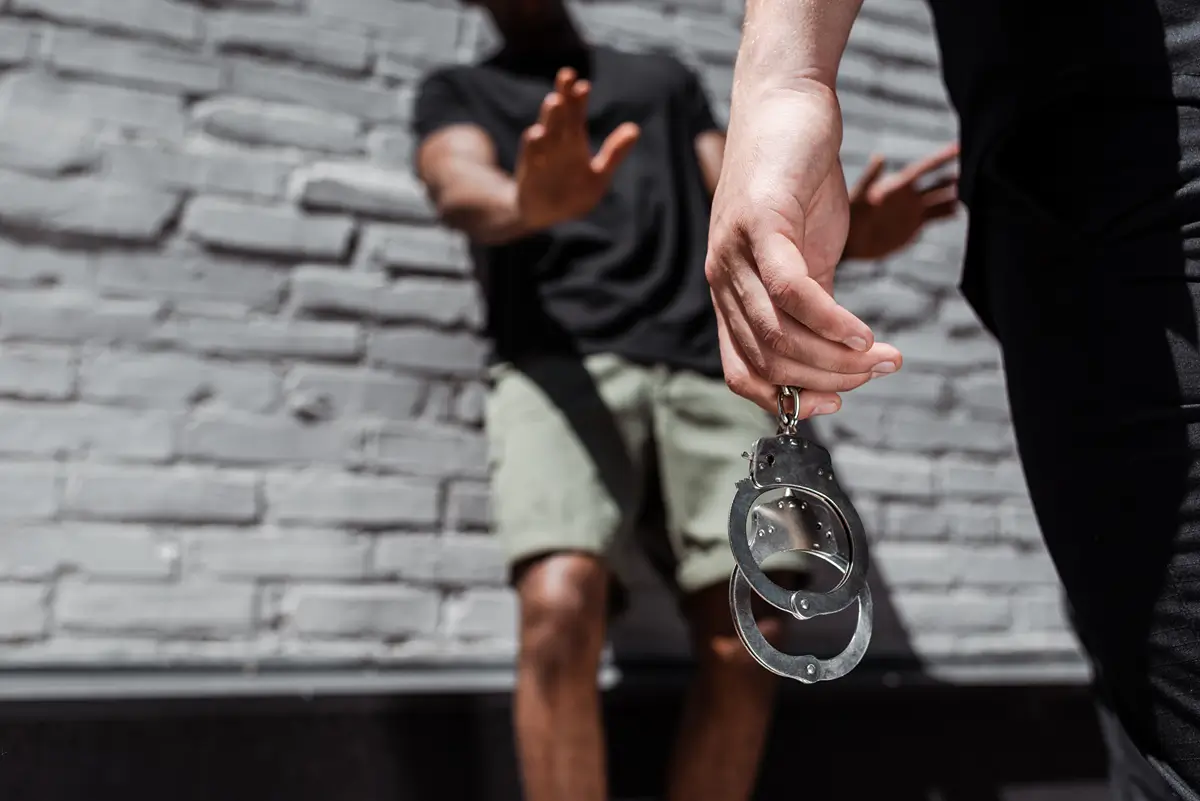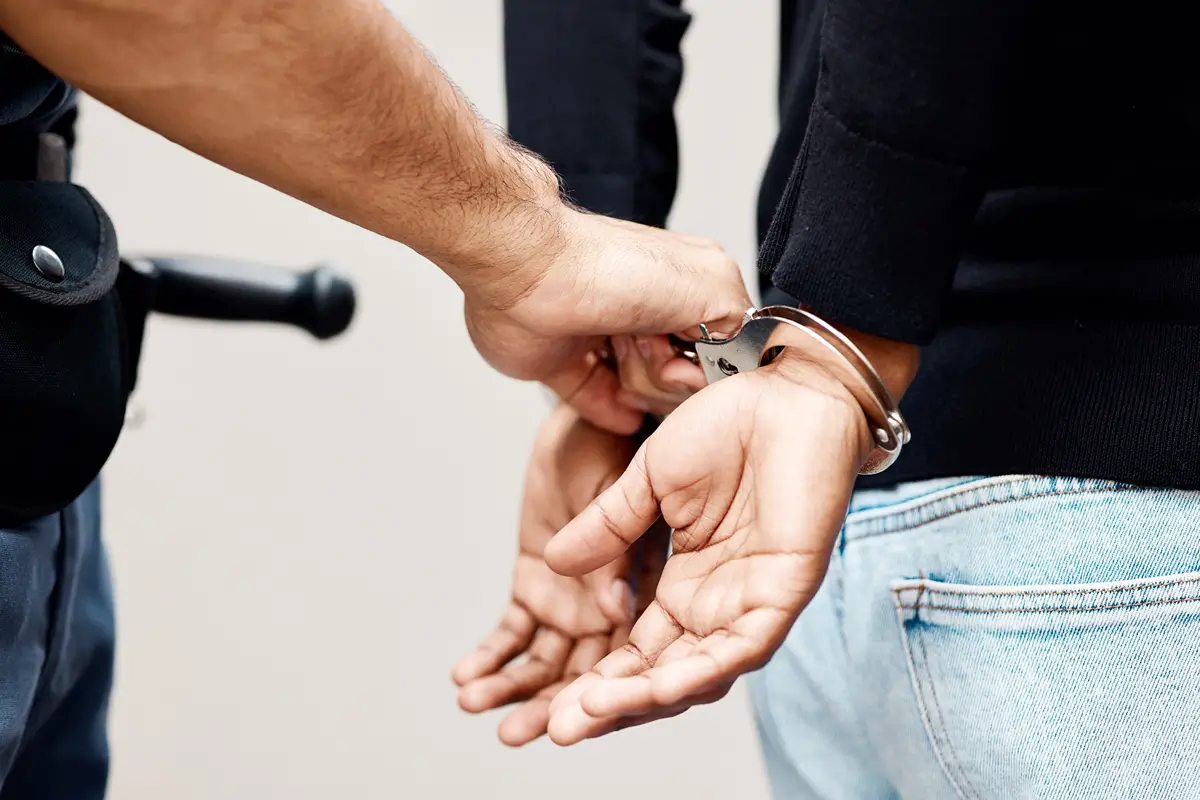If you’ve ever watched a reality TV show like Cops, On Patrol Live, or the Police Women of… series, you’ve undoubtedly seen a driver taking a sobriety test. Typically, people suspected of driving while intoxicated will be asked by police to balance on one foot, walk a straight line heel-to-toe, recite the alphabet backward, or take a horizontal gaze nystagmus test.
These folks often take a portable breath test too—popularly known as a breathalyzer. This is just one method of testing for blood alcohol count (BAC). Officers also use certified breath, blood, or urine tests, administered not out in the field but at police stations, to get a more accurate BAC reading. That’s because breathalyzer results aren’t admissible in court.
Do you have the right to choose which type of test you want to take if you’re stopped on suspicion of impaired driving? What about refusing the test—is that a good idea?
Implied Consent
Every licensed driver in Indiana has agreed to something called implied consent. By operating a motor vehicle, you consent to chemical and field sobriety tests if you are stopped by a law enforcement officer with reason to suspect you are intoxicated. If you do not consent to such actions when you’ve been pulled over, you are subject to serious consequences.
Refusal to Submit to Testing
Refusing to take a PBT or chemical test results in an automatic suspension of your driver’s license for one year (or two years if you already have an OWI conviction on your record). There are additional license-related repercussions, and refusal of these tests doesn’t safeguard you from being arrested.
Some people believe that if the cops can’t determine your BAC, they won’t charge you. That’s entirely untrue; you can and probably will be arrested on an OWI charge anyway. In fact, your refusal will likely be seen by police—and the courts—as evidence that you’re intoxicated and trying to hide it.
Technically, You Can Choose
Technically, there’s no reason you can’t refuse a breathalyzer but agree to submit to a certified test back at the police station. However, there’d be no point to it since chemical tests are the gold standard. A breathalyzer is really only administered to see if your level of intoxication is above the legal limit of a .08 BAC. If it is, you’ll undergo additional testing to determine your BAC. If not, you will be free to go, although most officers will admonish you for your poor driving or risky behavior.
Refusing the chemical test is also, technically, a choice. But it’s not much of one, given the swift and automatic ramifications.
Contact Razumich & Associates if you have been arrested on suspicion of OWI. No matter what mistakes you’ve made, before or after being pulled over, we can help you mount the best possible defense. Call us at 317-449-8661 to schedule a consultation, or use this convenient form.






